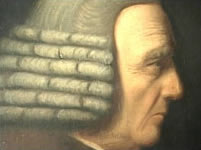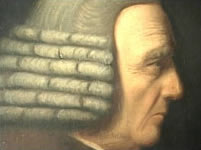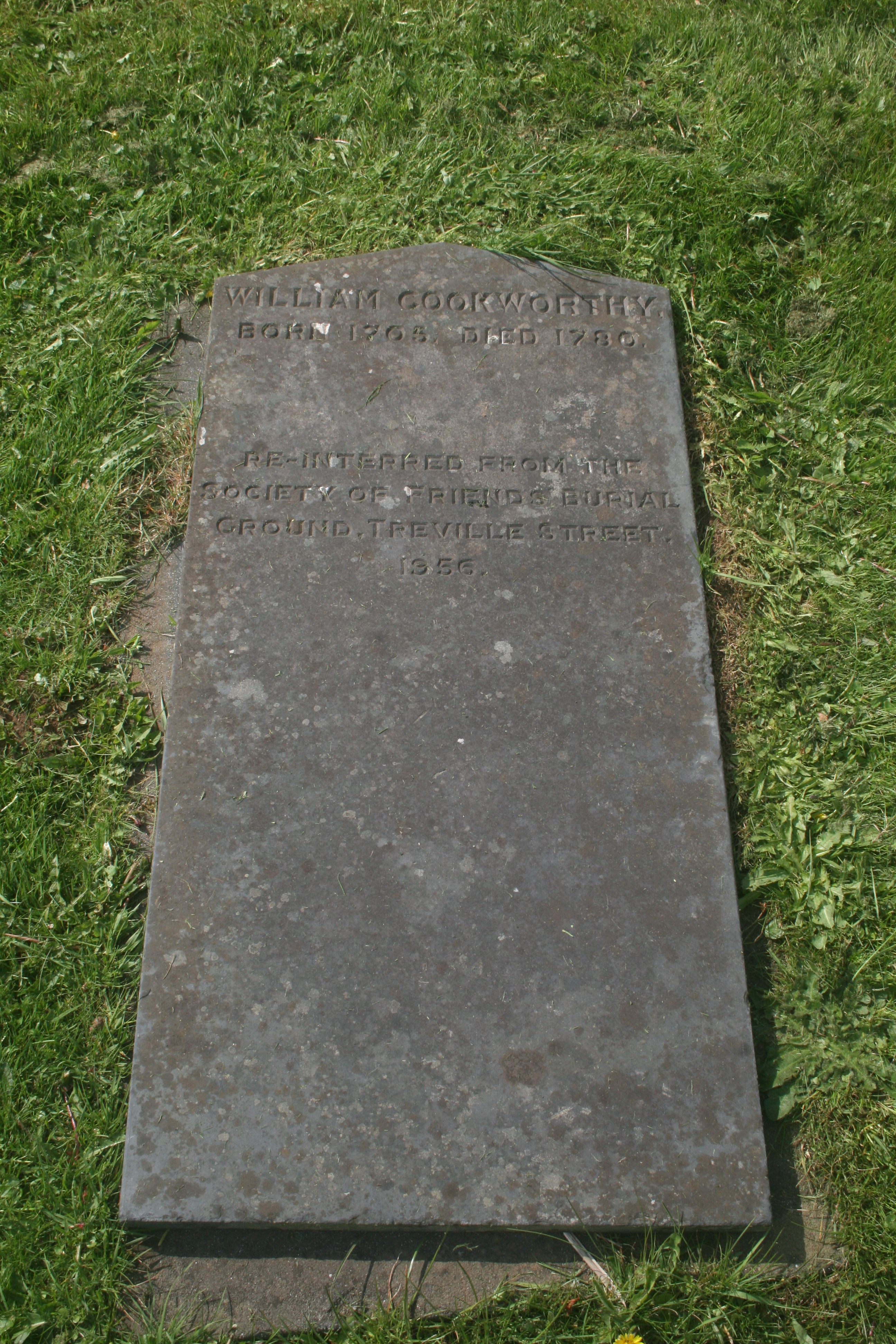He visited China interested in porcelain which China exported to England. On his return to Devon and Cornwall he noticed that around St Austell the hills resembled those in China from which China clay was mined. He found a way to make porcelain and in 1768 he opened a factory in Plymouth to make it.
Cookworthy helped John Smeaton with the development of hydraulic lime which made possible the building of the third Eddystone lighthouse. He also advised naval officers that fresh fruit and vegetables could prevent scurvey on ships.
He visited China interested in porcelain which China exported to England. On his return to Devon and Cornwall he noticed that around St Austell the hills resembled those in China from which China clay was mined. He found a way to make porcelain and in 1768 he opened a factory in Plymouth to make it.
Cookworthy helped John Smeaton with the development of hydraulic lime which made possible the building of the third Eddystone lighthouse. He also advised naval officers that fresh fruit and vegetables could prevent scurvey on ships.
Advertisement
Explore more
Sponsored by Ancestry
Advertisement



